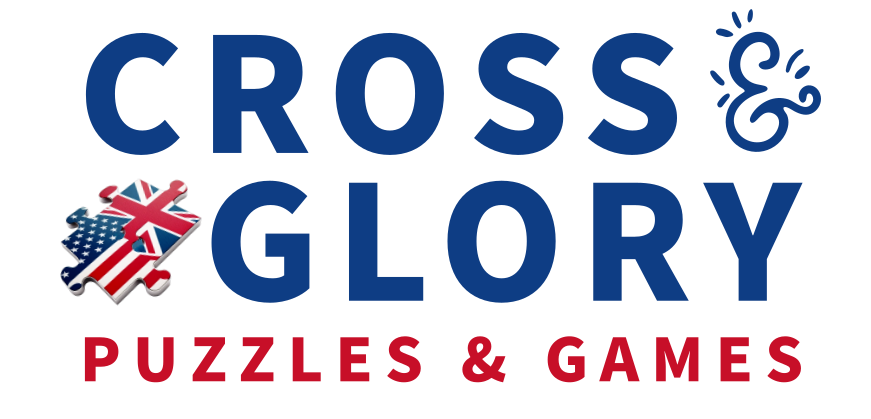Alzheimer's disease is a challenge that many older adults face. It's an uphill battle, but one that we can fight with both modern medicine and the power of jigsaw puzzles. Yes, you read that right! Jigsaw puzzles aren't just a pastime; they are also a practical and enjoyable method of keeping the mind sharp, helping to prevent the onset of Alzheimer's disease and serving as therapy for those who are already on this journey.
Choosing the Perfect Jigsaw Puzzle: More than a Pastime
Let's start with the fun part - selecting the right jigsaw puzzle. When you're choosing the perfect jigsaw puzzle, there are a few factors to consider, especially if your aim is to use it for Alzheimer's prevention or therapy. You want a puzzle that will challenge the mind but not overwhelm it. You'll want to look at factors like puzzle size, image complexity, and even the physical size of the pieces.
Puzzle Size: It's Not One Size Fits All
Choosing the right jigsaw puzzle size is crucial. For Alzheimer's prevention or therapy, it's important to pick a puzzle that is just the right level of challenging. Start with smaller puzzles, around 300 pieces, and gradually work up to larger sizes as your confidence increases. Remember, it's not about speed, but rather the process of engaging and stimulating the mind.
Jigsaw Puzzles and the Joy of Completing Them
Completing a puzzle, especially a challenging one, can bring about a sense of achievement and satisfaction. It's about the journey of exploring the world of famous jigsaw puzzle artists and the joy of completing puzzles. Each piece you find and fit into the right place is a victory, a small win that boosts confidence and reinforces cognitive function.
This first third of the article provides a good foundation for using jigsaw puzzles as a tool against Alzheimer's disease. Stay tuned for the next parts, where we'll delve into the art of puzzle-solving, the benefits it provides for mental and physical well-being, and a look into the history of jigsaw puzzles.
To be continued...

